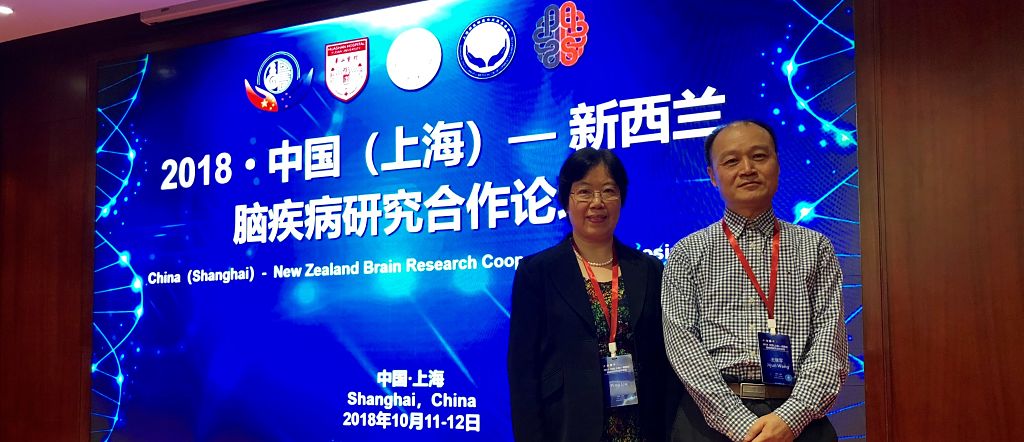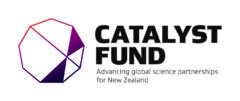Shanghai Science and Technology Commission (SSTC) recently granted a joint research project between the University of Otago and Shanghai Mental Health Centre. Associate Professor Ping Liu will work with her Shanghai counterparts on biomarker identification and validation for Alzheimer’s disease (AD) and clinical high-risk syndrome of psychosis.
Associate Professor Ping Liu’s research group at the University of Otago has been working on the mechanisms, biomarkers and intervention of neurodegenerative and psychiatric disorders (such as AD, frontotemporal dementia, schizophrenia and major depression) using post-mortem human brain tissue, human biofluids and various animal models. L-arginine is a versatile amino acid with a number of bioactive metabolites. Recent research (including Associate Professor Liu’s) has implicated the alterations of arginine metabolism in the pathogeneses of AD and schizophrenia, and indicated the potential of using blood biomarkers centered on arginine metabolism for clinical diagnosis and prognosis of both diseases.
This joint research was facilitated by various initiatives of the New Zealand–China Non-Communicable Diseases Research Collaboration Centre (NCD CRCC), which together with Brain Research New Zealand (BRNZ), organised a number of reciprocal NZ-China visits and signed Memorandum of Understanding (MoU) with Shanghai Huashan Hospital, the Fudan University School of Public Health and Shanghai Mental Health Centre. In 2018, Huashan Hospital hosted a BRNZ delegation for a joint two-day symposium on neurological and psychiatric disorders. This symposium created opportunities for the two research teams to carry on joint research work.
This project initiates the collaborations between the two countries in the areas of research in AD and psychosis and offers a great opportunity for large scale clinical biomarker research. Major findings from this study may have significant impacts on early detection, diagnosis, prognosis and/or intervention of AD and schizophrenia.
This is the second SSTC funded joint research project between the University of Otago and its partners in Shanghai. The first one was funded in 2017, a gout related research by Professor Tony Merriam and researchers from Shanghai Jiaotong University.


